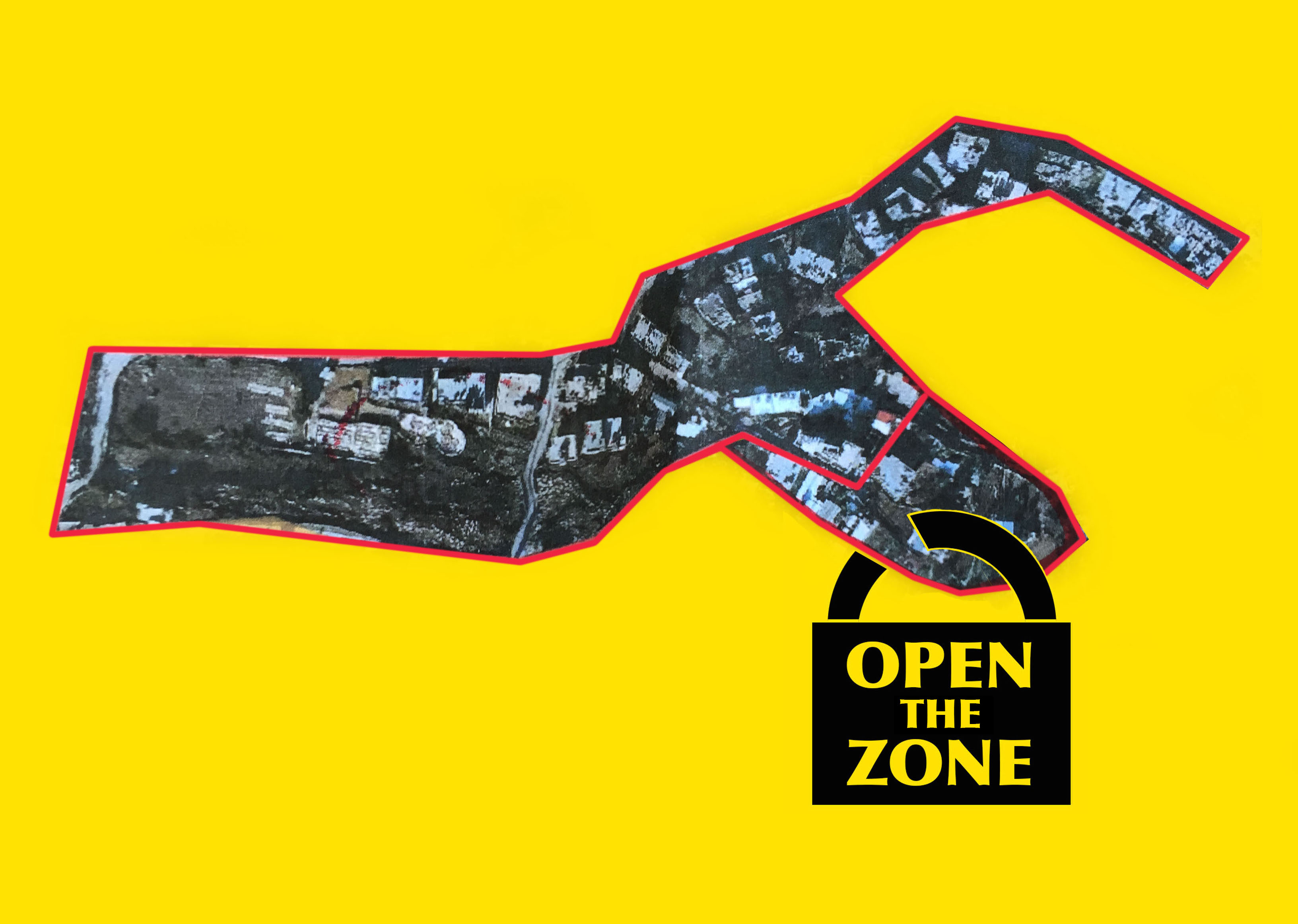Tag: Settlers
-
Open The Zone: personal accounts
Saturday, May 28th (Mufeed Sharabati) Mufeed Sharabati, 50-years, Shuahda Street resident compares living in the closed military zone (CMZ) with prison – just worse: “Life here is even worse than being in jail. A prisoner knows when his sentence is over. A prisoner knows when he can have visits. No-one knows that here. We are…
-
Open The Zone: Palestinians are people – not numbers
3rd May 2016 | Open The Zone Campaign: International Solidarity Movement & Youth Against Settlements | Hebron, occupied Palestine *******UPDATE 20th May 2016******* The closed military zone order has officially been ‘lifted’ – many restrictions and discrimination remain. ******* 3rd May is number 186 of the closed military zone in Tel Rumeida and Shuhada Street.…
-
Photo story: Living under occupation in Jerusalem
28th April 2016 | International Solidarity Movement, Al-quds Team | Jerusalem, occupied Palestine Young men are constantly being stopped, interrogated and searched by occupying forces in front of Damascus Gate and in the old city. In the top left corner you can see a snipers post on a building overlooking Damascus Gate. This post was…


